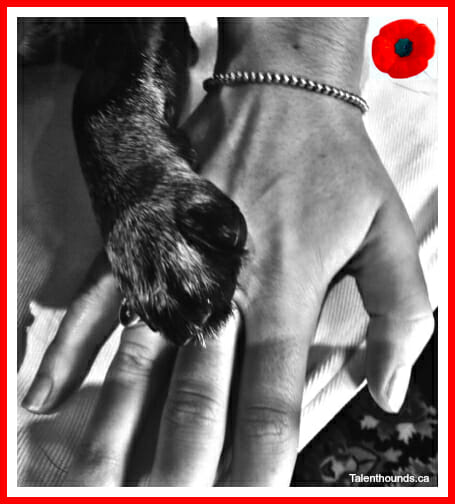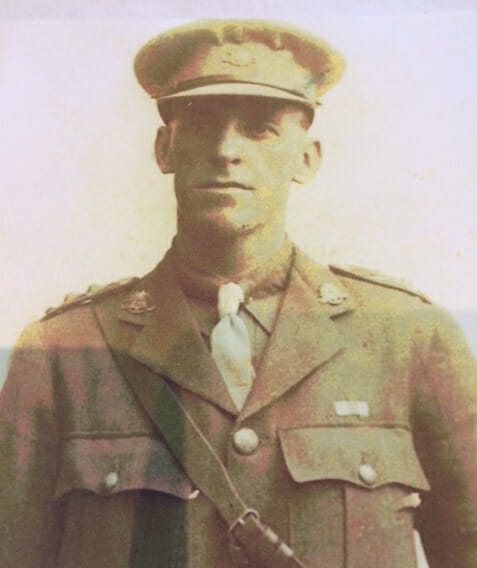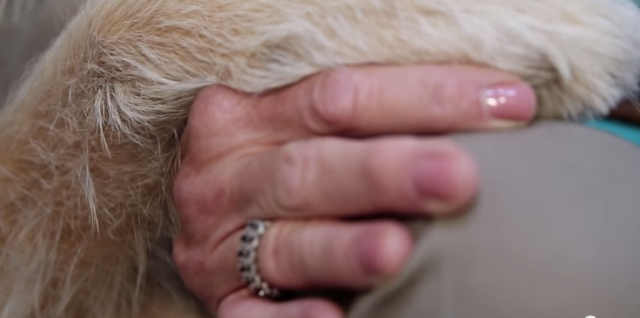Remember Veterans Today
#RemembranceDay
Never Forget those who serve or have served our country.

Love your family and friends, and make the most of every moment. We are so lucky to live in a safe free country. My grandfather George fought in both world wars for his country. Remembrance Day is observed on 11 November in most countries to recall the end of hostilities of World War I on that date in 1918.The red remembrance poppy has become a familiar emblem of Remembrance Day due to the poem “In Flanders Fields” written by Canadian physician Lieutenant-Colonel John McCrae. After reading the poem, Moina Michael, a professor at the University of Georgia, wrote the poem, “We Shall Remember,” and swore to wear a red poppy on the anniversary.
The federal department of Veterans Affairs Canada states that the date is of “remembrance for the men and women who have served, and continue to serve our country during times of war, conflict and peace”; particularly the First and Second World Wars, the Korean War, and all conflicts since then in which members of the Canadian Armed Forces have participated.
PTSD: The Nightmare
The sad reality is that for many, once war is over, the nightmare doesn’t end.
According to the PTSD Association, it is recognized as a mental health condition that is triggered by witnessing a psychologically traumatic, terrifying, life-threatening event. Post-traumatic stress disorder (PTSD) develops after a terrifying ordeal that involved physical harm or the threat of physical harm. Symptoms include severe anxiety, flashbacks to the event, uncontrollable thoughts and nightmares, fear and anger. Individuals suffering with PTSD may have their symptoms appear years after the initial event. Post-traumatic stress disorder symptoms are generally grouped into three different types: intrusive memories, avoidance and numbing, and increased anxiety or emotional arousal (hyperarousal). Service dogs have been found to have the ability to draw out even the most isolated personality helping patients overcome emotional numbness. The dogs can also help ease the hypervigilance common with PTSD. Knowing that a naturally alert and caring soul has your back helps ease the daily symptoms of PTSD.
Service Dogs Can Make A Difference
 In order to effectively combat PTSD and make everyday life easier for those who suffer, many are using specially trained service dogs. Although a dog doesn’t substitute proper medical diagnosis or treatment, scientific evidence proves that interacting with a dog can help with symptoms. A dogs company has been shown to reduce anxiety, lower blood pressure, reduce fatigue, depression, ease loneliness, and increase focus.
In order to effectively combat PTSD and make everyday life easier for those who suffer, many are using specially trained service dogs. Although a dog doesn’t substitute proper medical diagnosis or treatment, scientific evidence proves that interacting with a dog can help with symptoms. A dogs company has been shown to reduce anxiety, lower blood pressure, reduce fatigue, depression, ease loneliness, and increase focus.
While filming for our TV episode, Dogs Make A Difference (watch the trailer HERE ) we met some amazing people and canines doing groundbreaking work. Danielle Forbes, Executive Director at National Service Dogs explains that they been training dogs for individuals with Post Traumatic Stress Disorder since 2011. They pioneered their program for training dogs to assist children with autism back in 1996, and began doing the same for PTSD. Individuals with hyper-vigilance can become very hyper-aware, anxious, and the dogs help to mitigate that by keeping them calmer, by creating a barrier. A lot of individuals with PTSD suffer from night terrors, and flashbacks. The dogs then actually provide reality affirmation; the dog being there is a calming presence but it’s also stable presence. They deal mostly with veterans and those who are not ex-military.
Flicka is the first Certified Service Dog in Canada to have been bred and trained to assist an individual with non-armed combat post-traumatic stress disorder (e.g., an individual without prior Armed Forces experience). National Service Dogs is the only organization in Canada accredited to breed and train certified service dogs to work with individuals who suffer from PTSD.
Surf Dog Ricochet the Surfice Dog
Another very special service dog who’s is making a tremendous difference is Surf Dog Ricochet. She’s involved in the canine-inspired community re-integration program, working with service members from the naval medical center recovering from PTSD. The goal of this program is to help patients to re-enter the community by establishing a great sense of trust and reduced hyper-vigilance in public settings. Patients receive the support, encouragement, and optimism unique to canine therapy. We met one of her patience, Randy who is regaining his life thanks to Ricochet. As he explains,
“I was very isolated so I became very depressed and suicidal. And I met Ricochet, I finally had a new sense of hope.”
These men made it back alive but saw their fellow soldiers and enemies die. Dogs can make a difference in their lives.
Read about K9’s for Warriors and help STOP 22.

Awwww, what a sweet picture!
Terry
from MatildasJourney.com
I like the one of Kilo’s paw on your hand. Very cute.
Aww thanks- he is such a sweetie most of the time- very thankful!